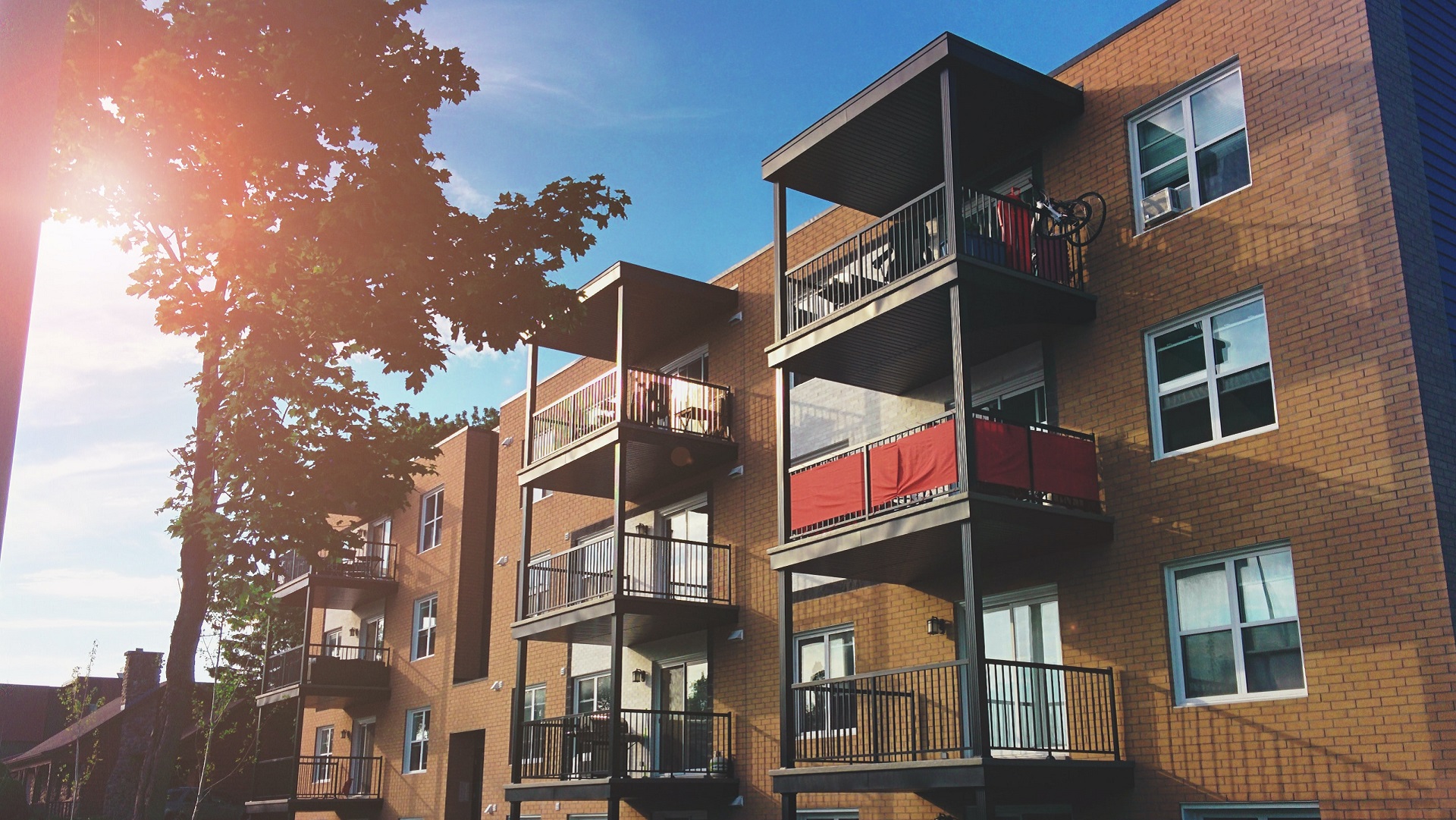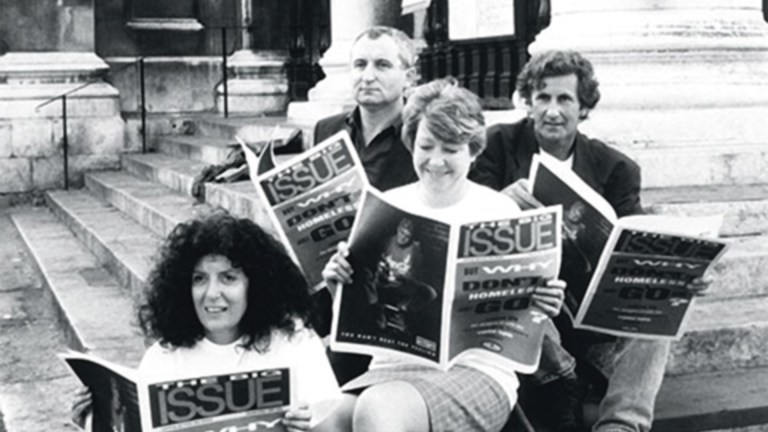Social housing tenants are usually stigmatised and kept at the margins of public discourse.
The Grenfell Tower disaster in 2017 went some way to illuminate the stigma experienced by social housing tenants by shedding light on the ineffective discriminatory and dismissive complaints procedures, and the implications of ignoring social housing tenants when demanding repairs or accountability from their social landlords and the council.
It is difficult to grasp why people are treated differently because they live in social housing. Indeed, social housing stigma is a very complex problem to understand. Trying to understand the origins of this stigma, how it is experienced and how it is being challenged led us on a journey; meeting with residents, speaking with housing associations and landlords, advocacy agencies and government officials, and other actors in the social housing sector. This resulted in our report titled Stigma and Social Housing in England.
Sign The Big Issue’s petition to #StopMassHomelessness
What we found was that before 1970, there was not much stigma associated with social housing and its occupants. Where there was a stigma, this was as a result of the build quality and poor planning of the social housing estates. As a result of the quality of the estates, over time, a stigmatising perspective emerged – social homes were seen as cheap and poor quality housing. From about 1970, we saw that there was an intensification of the stigma associated with social housing which stemmed from government policies of promoting homeownership while holding social housing out to be a tenure of last resort. The government’s policies post-1970 such as adopting a needs-based allocation policy, depletion of social housing through the Right to Buy scheme led to a residualisation of social housing and exacerbated the stigma associated for tenants. This means social housing is cast as temporary, inferior, tenure of last resort and a springboard for homeownership or something better than social rents.
Politics and politicians’ rhetoric on social housing also helped drive the intensification of the stigma as politicians on all sides of the aisle have stigmatised social housing as a means of justifying their housing and benefits policies. The media has also played a significant role in stigmatising. Participants in our study repeatedly pointed at the negative portrayal of social housing and its residents in the news and TV programmes such as “Benefits Street” and “Skint” is deeply stigmatising. Indeed, the media portrayal of social housing tenants as work-shy, lazy, unemployed, anti-social, benefits cheat, the underclass, poor, uneducated and lacking in aspirations and estates as zones of criminality, sink estates and drug-infested have shaped political and national/societal discourse around social homes.
To have the best chance of absolute eradication of social housing stigma in the UK, we need a collective consensusMercy Denedo and Amanze Ejiogu
In addition, several of the participants in our study pointed at the housing providers (housing associations and local authorities) as contributing to their stigmatization. Specifically, they pointed at the paternalistic attitude of housing associations and their staff – with social housing landlords often portraying themselves as the heroes protecting the neediest and most vulnerable people.











